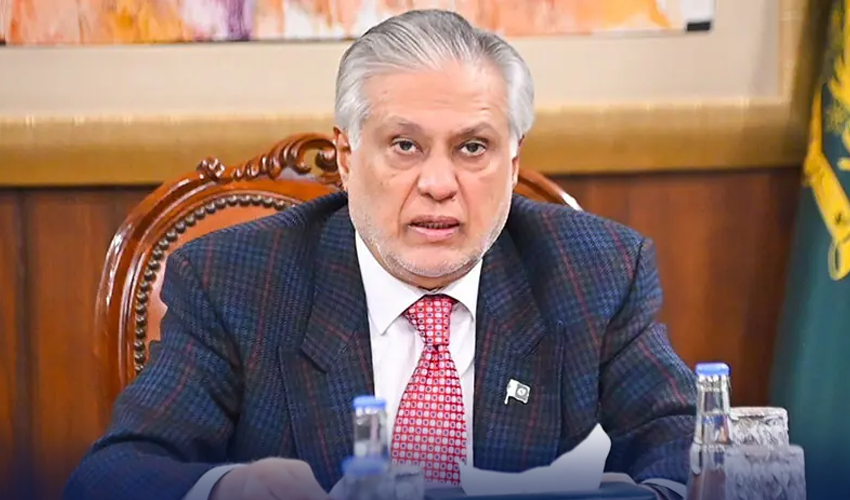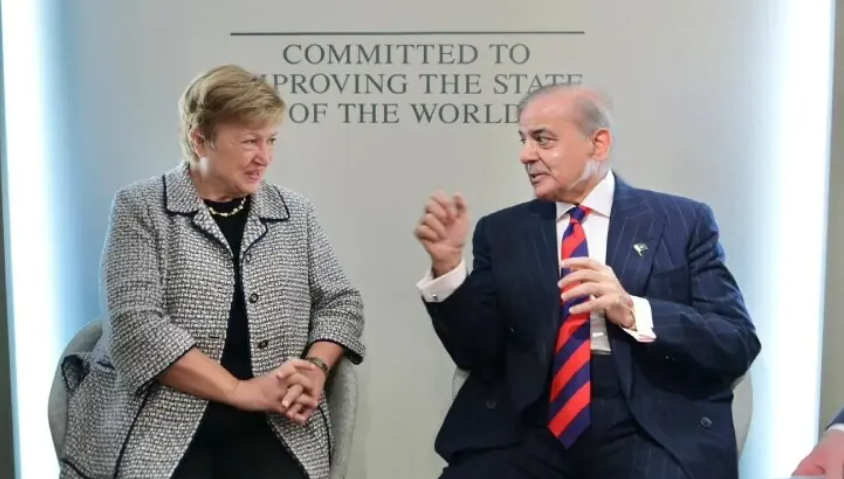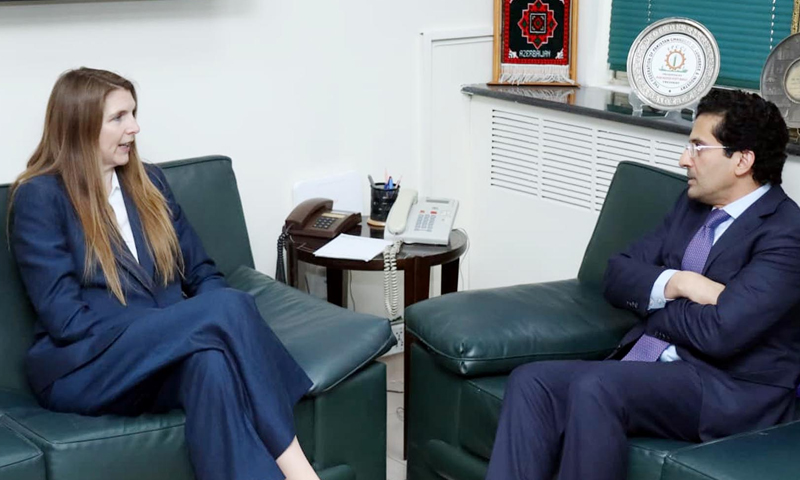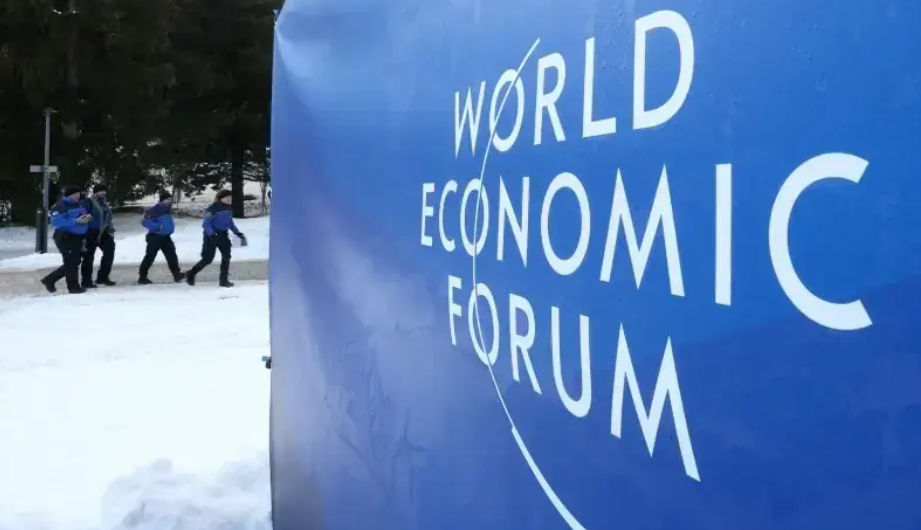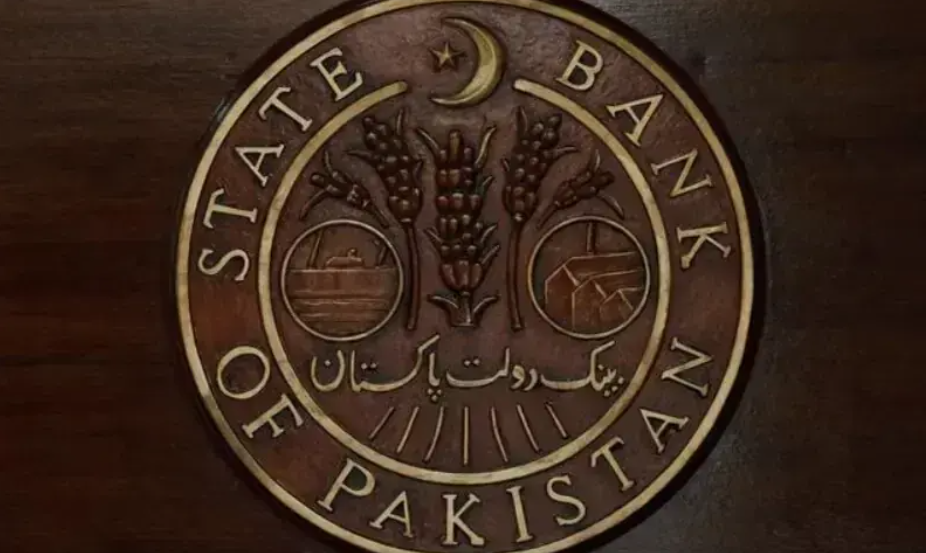TRADE & ECONOMY
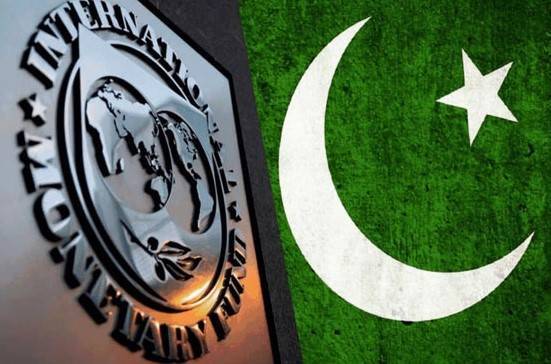
Negotiations between Pakistan and the International Monetary Fund (IMF) have officially begun for the federal budget for the upcoming fiscal year 2024-2025. The first round of talks is at a technical level, where detailed discussions are taking place on various key fiscal matters, including agricultural income tax, budget targets, the Federal Board of Revenue’s (FBR) capacity, and other tax-related issues.
According to sources familiar with the developments, proposals for the budget are expected to be finalized by mid-May. During the negotiations, talks have also focused on the carbon levy – an initiative under the Climate Financing Program. The proposal to impose a carbon levy of Rs 5 per liter on petroleum products has been put forward, but the Petroleum Division has raised concerns over the implementation of this levy with the Ministry of Finance.
The negotiations also cover other significant tax-related matters. Tax incentives for new export processing zones will not be offered, and incentives for existing special economic zones may be phased out by 2035. Additionally, there are discussions regarding the overall tax proposals for the federal budget, including expanding the tax net to include retailers, wholesalers, and other sectors, as well as a tax exemption proposal for individuals receiving high pensions.
As part of Pakistan's commitment to environmental sustainability, discussions are also underway on measures to promote electric vehicles (EVs). Subsidies for EVs and the imposition of additional taxes on vehicles that emit smoke are being considered. Moreover, a new five-year national electric vehicle policy is in the works, which includes the installation of EV charging stations across the country.
Sources suggest that these budget proposals will play a significant role in addressing Pakistan’s financial challenges while ensuring that necessary reforms are implemented to align with the IMF’s requirements.
